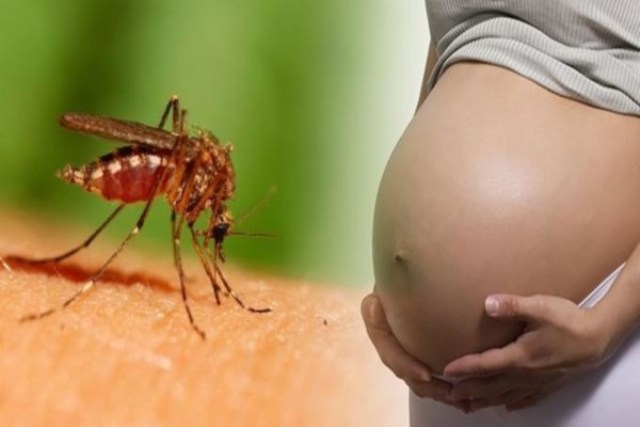
Research describes how Zika virus could affect brain development
Experiments conducted in mini-brains showed the infected organs growth was 40% smaller if compared to non-infected organs
12/05/2016
Zika leads to the death of induced pluripotent human stem cells introduced and harvested as neural stem cells, disturbs the neurosphere formation and reduces the growth of cerebral organoids
As researches involving Zika virus advance, each time more the relation of the agent and microcephaly is confirmed. A paper published in Science magazine, concluded that brain cells are the virus target compromising the organs growth and viability.
The study was based in two models: mini-brains (or cerebral organoids, which are neuron structures that simulate what happens in the brain during the first three months of pregnancy) and neurospheres (cluster of neural stem cells).
During the experiments with mini-brains, when infected by Zika virus, the organs growth was 40% if compared to cerebral organoids in the control group, i.e., not exposed to the virus. The same infection in neurospheres showed that many died in a few days, while many of those that resisted were subjected to anomalies and cell detachment.
We discovered that the virus infects and kills neural stem cells, what is the root of microcephaly. These cells originate neurons and, for this reason, babies are born with a reduced cerebral cortex, explains doctor Patrícia Garces, one of the studys authors.
According to the doctor in Tropical Diseases André Siqueira, this study is pioneer and definitive in demonstrating Zika virus causes changes in the nervous systems parent cells. This is a very high quality work, made by Brazilians, and therefore published in one of the most renowned magazines in the world, he said while adding the results reinforce the relation between Zika and microcephaly.
The continuation of this study will certainly bring more clarification of how Zika interferes in neuron growth and, thus, could raise ways to intervene in this process in the future, said Dr. André.
Despite the results, the researchers said other studies are necessary to better describe the Zika infection during the different phases of fetal development. The work, however, reinforces even more the need for more effective actions controlling the virus transmitter mosquito, the Aedes aegypti, and other preventive actions.…










